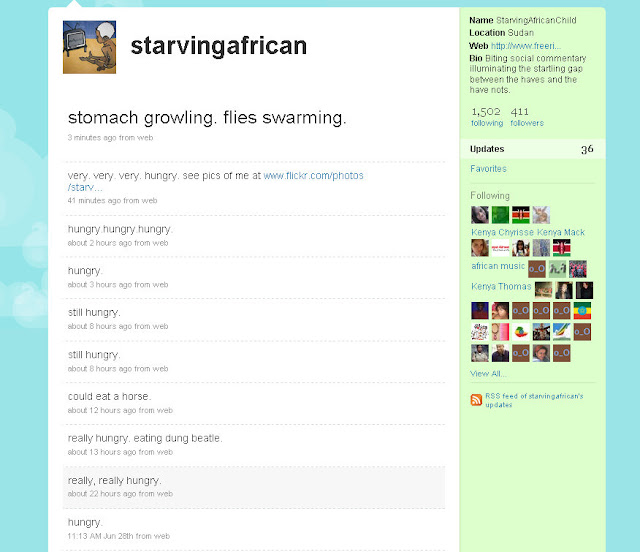This post could, by rights, be renamed "Don’t be Sarah Palin"…
There’s nothing that annoys me more (both professionally and privately) than people botching interviews.
If the media is interviewing you it’s pretty much a free hit. They have a finite amount of time to gather better quotes from other people and your best chance of getting good exposure is saying something usable in a usable way.
Here are some general tips for broadcast interviews (because everyone loves a list):
- Don’t wear bright coloured stripes – they’ll bleed on screen and distract people (I’ve said that before I think).
- Look at the journalist not the camera – eye contact freaks out audiences.
- Don’t use the journalist’s name – you’re ultimately talking to the public, not the journalist. And throwing their name in the middle of your sentence makes the comment unusable.
- Have a go at actually answering the questions asked – most media trainers tell you to ignore the questions and regurgitate rehearsed PR guff. Chances are you’re not a politician and nobody really likes listening to that stuff. It’s usually full of weasel words – like “showcase”…
Right, so those are the basics.
The “un”-basics apply to more specific examples that have prompted this post. If you’re a politician holding a media coverage and you may or may not harbour desires to one day run for higher office – don’t bite the hand that feeds you. Particularly – don’t spend your time talking to the media complaining about how the media treats you. It becomes a self fulfilling prophecy – where the attention turns to how badly you handled yourself by complaining about the media coverage you received… you don’t really want this sort of paragraph appearing in any story about you.
“Ms Palin delivered the news from the backyard of her home in Wasilla, in a sometimes rambling 18-minute speech that took 11 minutes to get to the punchline. She veered from pugnacious to bitter as she lamented her treatment at the hands of the media and her political foes.”
This may seem obvious – but don’t do interviews about topics that are likely to create controversy – or things you don’t know anything about. Particularly avoid controversial topics where you might find yourself praising Hitler. That’s never good for your personal branding.
Formula One supremo Bernie Ecclestone has described Adolf Hitler as a leader able to"get things done" in a discussion about dictators during an interview with The Times newspaper.
Asked to comment on accusations that world motorsport chief Max Mosley behaved like a dictator, Ecclestone went on to speak about Hitler, former Iraq dictator Saddam Hussein – whom he said should have stayed in power – and the Taliban.
"In a lot of ways, terrible to say this I suppose, but apart from the fact that Hitler got taken away and persuaded to do things that I have no idea whether he wanted to do or not, he … could command a lot of people, able to get things done," Ecclestone told The Times.
If you know it’s terrible to say – don’t say it. It’s easy.




